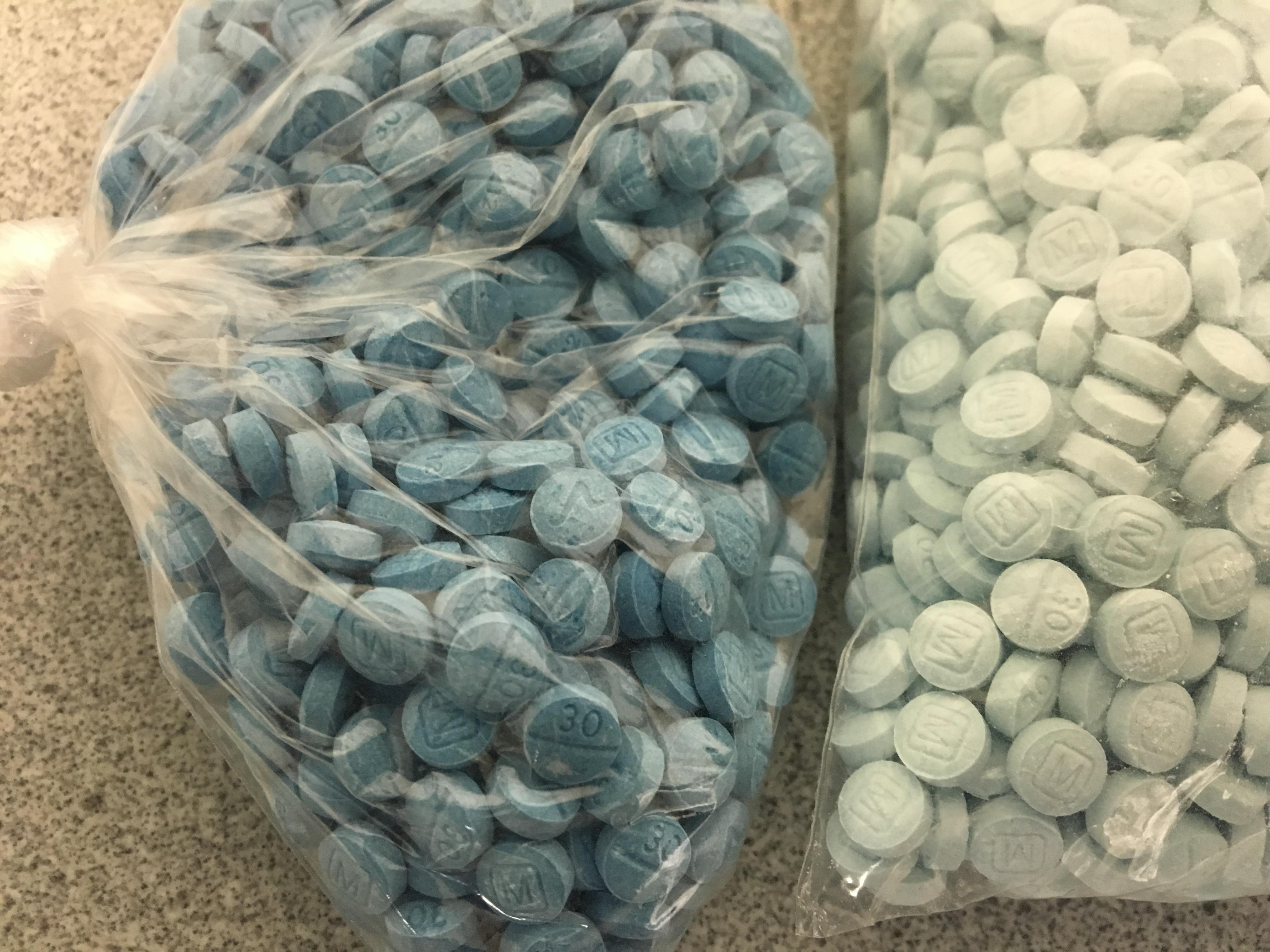 Justin Fox Burks
Justin Fox Burks
Drug overdose deaths rose to a record high in Tennessee in 2018, according to new statistics released by the Centers for Disease Controls (CDC), while the numbers were down nationally.
There were 1,837 drug overdose deaths recorded in Tennessee last year, 3 percent more than in 2017. However, such deaths were down 5.1 percent across the country, marking the first decline of overdoses in 25 years.
The figures were discussed recently on an episode of Tennessee Court Talk, a podcast from the Tennessee Supreme Court and the Administrative Office of the Courts. The episode featured Special Agent Tommy Farmer from the Tennessee Bureau of Investigation (TBI) Dangerous Drug Task Force and Dr. Robert Pack, professor of community and behavior health at East Tennessee State University (ETSU).
Farmer, from the TBI, said he wasn’t surprised to see the increase in overdose deaths but hoped the state would “plateau off.” He said the rise is thanks to a transition to illegal drugs from prescription medications.
[pullquote-1] “There’s no doubt it has to do with fentanyl and heroin and the availability of them,” Farmer said.
Pack, the doctor from ETSU, said he didn’t expect a dramatic decrease in the figures here but was pleased to see the shift in the figures nationally. He said headway on reducing overdose deaths in Tennessee won’t be made unless changes are made closer to the source of the problem.
“We have to get upstream as far as we can to stop the cycle of addiction that is occurring in these (communities),” Pack said. “If we can’t stop it, then all we can do is repeat it.”
One way to do that, Pack said, would be to influence kids to be more resistant to drugs.
While much more work needs to be done, Pack and Farmer said gains have been made in Tennessee, particularly addressing the opioid crisis. Pack said more agencies are better reporting overdose deaths now than ever before, which could be one reason for the 2018 spike.
“We’ve said for a long time that the numbers were grossly underreported,” Farmer said. “There’s a lot more out there than we’re actually seeing. I do believe this number indicates that we’re doing a better job of getting good information.”
Overdose deaths are higher in big cities, Farmer said, but that doesn’t always mean the deceased lived in them. Large cities serve as a source of drugs for dealers, so drugs are cheaper there. Also, people want to be closer to the source of their drugs, so they’ll travel to it. When they get the drugs, they don’t wait to take them home, he said, “they’re getting the drugs and overdosing at that location.”
Pack said Tennessee now has better access to care and drugs to help those addicted than ever before.
Fentanyl, a synthetic opioid pain reliever usually prescribed to cancer patience, is on the rise in Tennessee, Farmer said. The drug is powerful, he said. One thing that means is that it’s shipped in smaller units (like the size of two sugar packs), making it harder for law enforcement to detect.
 DEA
DEA
The opioid fentanyl can be 100 times more potent than morphine.
The drug is being mixed with methamphetamine or heroin. It’s smuggled to Tennessee largely from suppliers in China or Mexico, Farmer said. For users, “it gives them an incredibly powerful high,” Pack said.
What fentanyl gets mixed with largely depends on what is popular in different areas of the state, Farmer said. In Memphis, that’s heroin, where “there’s always been a steady availability” of the drug, he said. Oxycontin is popular in Oak Ridge and Percocet is favored in Nashville.
[pullquote-2] But dealers will blend their drugs with just about anything, Farmer said, if they fear customer complaints. He said TBI agents have found drug operations outfitted with blenders bought from Walmart or Walgreens producing drugs that are not at all what the dealer said they were selling.
“We’ve seen crazy concoctions, made from anything they can get their hands on, from aspirin to ibuprofen to vitamin B12,” Farmer said. “It doesn’t matter as long as it gets them high. The potency of fentanyl is so powerful in microscopic amounts that it doesn’t take much at all.”
Meth returns
Meth is returning to Tennessee “with a vengeance,” Farmer said. The TBI lab is on track to get more submissions of meth than ever before.
“We’ll probably see more than even back in the heyday and at the height of our meth epidemic when the state of Tennessee had the dubious distinction of being No. 1 in the country, the meth capital of the country,” Farmer said.
Laws here have made it harder to get the ingredients to make meth and seizures of meth labs have decreased here by about 86 percent, Farmer said. But what remains is an “insatiable appetite for stimulants in our state” and a steady supply of meth from Mexican drug cartels.
Pack said methadone clinics are seeing a rise in patients screening positive for meth.
“We can’t just deal with this on the treatment side,” Pack said. “We have got to get upstream and deal with whatever it is that is driving people to seek (meth) to fix their pain, their physical or emotional pain with something other than coping or other effective strategies.”